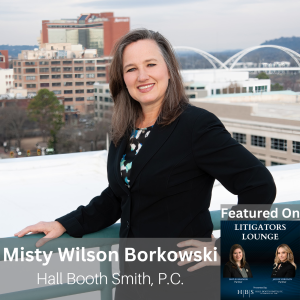
Immigration Law for Employers, with Misty Wilson Borkowski, Hall Booth Smith, P.C. (Litigators Lounge, Episode 9)
On this episode of Litigators Lounge, hosts Jackie Voronov and Shylie Bannon welcome immigration law attorney Misty Borkowski to demystify the complex arena of employment law focusing on immigration. The discussion navigates through the intricacies of immigration law, visa categories, employer sponsorship, and how foreign nationals can navigate working in the United States. Special emphasis is placed on the H-1B visa process, including the lottery system, sponsorship requirements, and adjustments to permanent residency. The episode also addresses how the landscape of remote work and recent instances of fraud have impacted the process. This conversation aims to enlighten listeners on the critical aspects of immigration law and its significance in the workplace.
Litigators Lounge is underwritten and presented by Hall Booth Smith. The show is produced by John Ray and the North Fulton studio of Business RadioX®.
Misty Wilson Borkowski, Partner, Hall Booth Smith, P.C.
Misty Borkowski is a Partner in the Little Rock office of Hall Booth Smith, P.C. Her practice focuses on immigration matters, assisting both employers and individuals.
Prior to joining HBS, Misty, who is also fluent in Spanish, was a director at a local law firm, where she served as the designated attorney to aid in PALE (Program of Legal Assistance to Mexican Nationals through External Legal Advice in the United States of America) alongside the Mexican Consulate in Little Rock. She also functioned as the Liaison to Changchun, Little Rock’s Sister City in China.
The Arkansas Supreme Court chose Misty to be a member of the Criminal Justice Act Panel with the U.S. District Court for the Eastern District of Arkansas and appointed her to the Criminal Practice Committee. She is also an Adjunct Professor at the University of Arkansas at Little Rock, Bowen School of Law where she teaches a course on Immigration Law.
Misty earned her Juris Doctor at the University of Arkansas Little Rock, Bowen School of Law, and her Bachelor of Arts in International Studies at the University of Arkansas Little Rock.
Firm Website Profile | LinkedIn
Topics Discussed in this Episode
00:00 Welcome to Litigators Lounge: Your Guide to Workplace Dynamics and Legal Issues
01:08 Introducing the Focus on Immigration Law
02:15 Expert Insights: Misty Borkowski on Navigating Immigration Law
08:27 Understanding the H-1B Visa Process: From Student Visas to Employment
33:15 The Impact of COVID-19 on Remote Work and H-1B Visa Amendments
37:09 Closing Thoughts and Upcoming Topics
About Litigators Lounge
Jackie Voronov and Shylie Bannon, attorneys at Hall Booth Smith who specialize in labor and employment law, are the hosts of the engaging podcast Litigators Lounge. Listen as they delve into the intricate world of workplace legal issues as they explore real-life examples, unpack legal scenarios, and offer expert insights to help organizations and employees navigate the ever-changing legal landscape. With engaging discussions, diverse viewpoints from expert guests, and an ample touch of humor, Litigators Lounge is the go-to source for in-depth analysis and expert advice on law and the workplace.
Litigators Lounge is underwritten by Hall Booth Smith and is broadcast from the North Fulton studio of Business RadioX® inside Renasant Bank in Alpharetta.
If you have questions or feedback for Jackie and Shylie, feel free to follow this link and email them.
Jackie Voronov, Partner, Hall Booth Smith
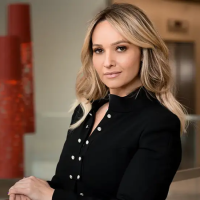
Jackie Voronov is a Partner in Hall Booth Smith’s office in Paramus, New Jersey, and she represents management in a wide variety of employment matters and litigates employment claims before administrative agencies and state and federal courts. Her clients include major hotels, retailers, shipping companies, assisted living facilities and nursing homes, manufacturers, and national fast-food franchisees.
Jackie’s litigation experience includes the defense of employers in single and multi-plaintiff actions on claims of wrongful discharge, sexual harassment, race, national origin, gender, disability and age discrimination, breach of contract, family medical leave, failure to accommodate, retaliation, wage/hour laws, and related tort claims. Jackie also works with her clients to prepare various employment agreements (including non-compete, confidentiality, independent contractor, and separation agreements). She has extensive experience before various administrative tribunals, including the Equal Employment Opportunity Commission (EEOC), the State Division of Human Rights (SDHR), the Division of Civil Rights (DCR), and other state, federal, and local agencies.
In addition, Jackie frequently conducts management training for employers on a wide variety of employment law topics, such as:
- EEO/anti-harassment
- employee recruiting and hiring practices
- family and medical leave
- reasonable accommodations for disabilities and religion
- preventing and investigating harassment, discrimination, and whistleblower claims
- wage and hour compliance
- discipline and termination of employees
- privacy in the workplace
Jackie is regularly invited to speak nationally on best practices and other employment-related issues. Before joining Hall Booth Smith, she worked for one of the country’s largest law firms, where she defended employers in a wide range of labor and employment matters, including wage and hour class actions under the Fair Labor Standards Act (FLSA), claims related to the New York State Human Rights Law (NSHRL), the New Jersey Law Against Discrimination (LAD), the Americans With Disabilities Act (ADA), the New Jersey Conscientious Employee Protection Act (CEPA), and Title VII.
Jackie was selected for inclusion as a New Jersey Rising Star by Super Lawyers® for six consecutive years (2010-2016), which honors the top 2.5% of young lawyers in New Jersey.
Shylie Bannon, Partner, Hall Booth Smith
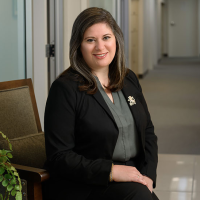
Shylie Bannon is a Partner in Hall Booth Smith’s Jacksonville, Florida, office. She also serves as Hiring Partner for the region of Florida, where she oversees associate attorney hiring endeavors. Prior to joining Hall Booth Smith, Shylie was a partner in both a multi-state, multi-specialty firm and a boutique practice.
At Hall Booth Smith, Shylie continues to represent physicians, mid-level providers, and health care providers in high-exposure medical negligence claims and in administrative proceedings before the Florida Department of Health. She also represents national retailers in high-exposure premises liability, negligent security, and transportation litigation with our National Trial Counsel team.
In addition to litigating matters involving personal injury and negligence, Shylie also represents management in all aspects of employment-related litigation arising from allegations of sex, disability, race, and pregnancy discrimination; whistleblower actions; and alleged violations of the National Labor Relations Act and Fair Labor Standards. She does so in administrative proceedings before both the Florida Commission on Human Relations and the US Equal Employment Opportunity Commission, as well as in all of the state and federal courts in Florida. She also provides employment-related counsel to clients, helping them avoid employment-related litigation through the implementation of best employment, investigation, and risk management practices.
Shylie earned a Juris Doctor from the University of Florida Levin College of Law, cum laude, and graduated magna cum laude from Tulane University with a Bachelor of Arts in Political Science and History.
Shylie volunteers with the Guardian Ad Litem program and supports child welfare advocacy efforts in Northeast Florida. She is also a Member of the Board for the Jewish Federation & Foundation of Northeast Florida.
About Hall Booth Smith, P.C.
Company website | LinkedIn | Facebook | Instagram
Disclaimer
Litigators Lounge is a production brought to you by Hall Booth Smith, PC. This podcast is published for the purposes of providing general information and education on topics which include those related to the law and legal issues, but the contents of the podcast do not constitute legal advice. Listening to this podcast or utilizing the information contained in it in any way does not constitute nor does it create an attorney-client relationship between you and Hall Booth Smith or its lawyers. The contents of this podcast should not be used as a substitute for competent legal advice from a professional attorney licensed in your jurisdiction.
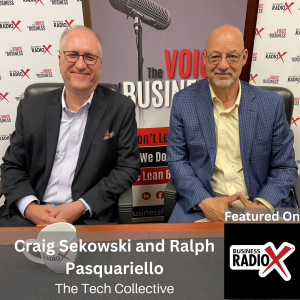
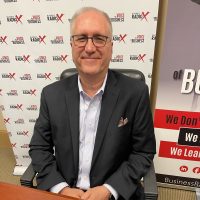
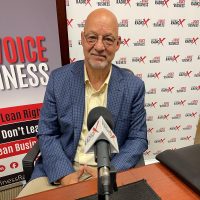
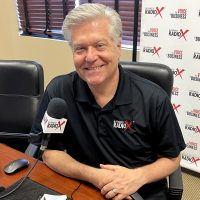
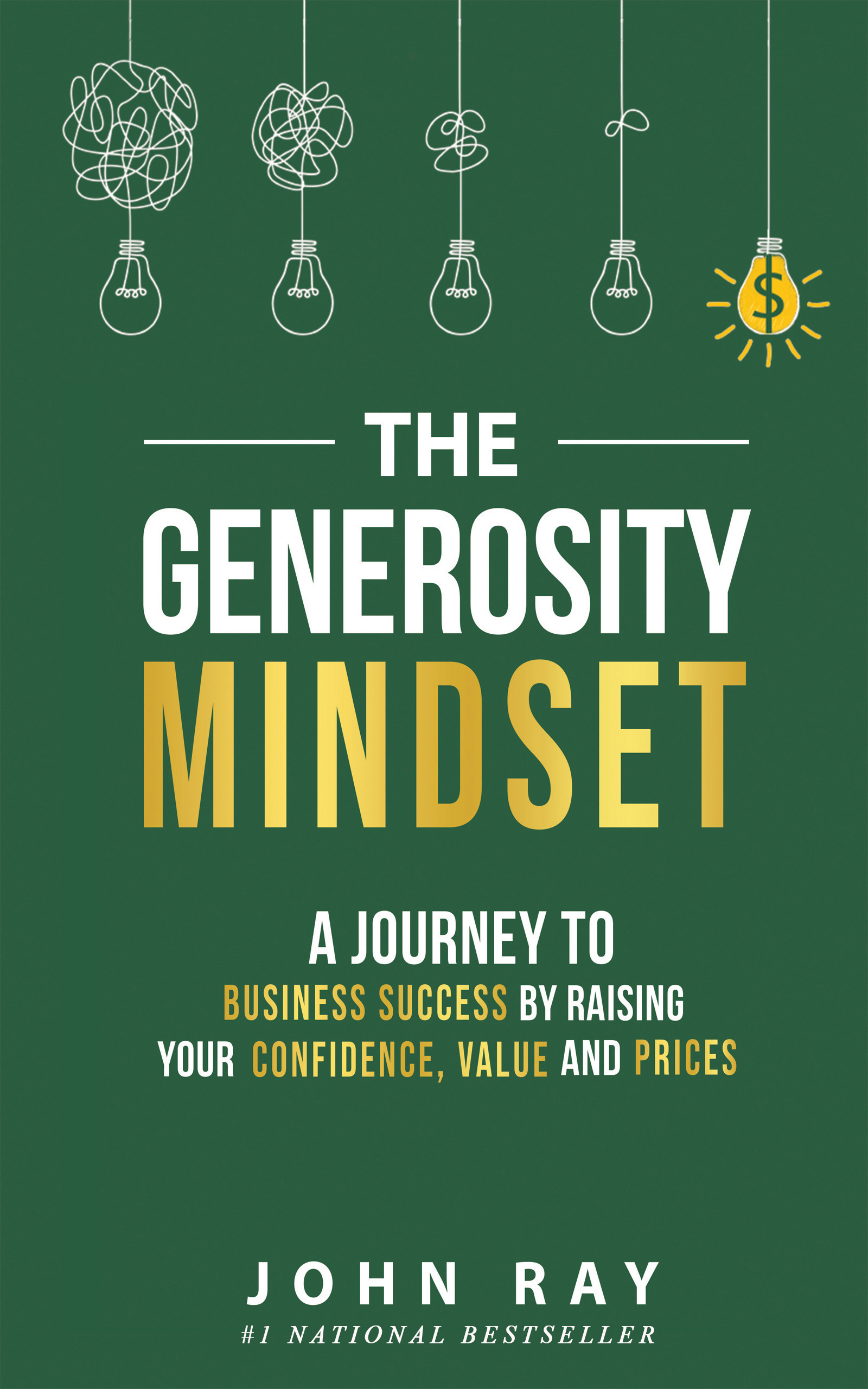 John Ray also operates his own
John Ray also operates his own 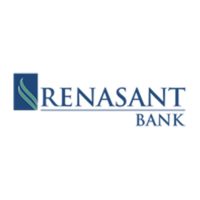
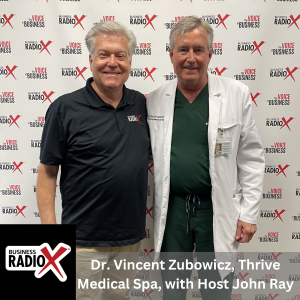
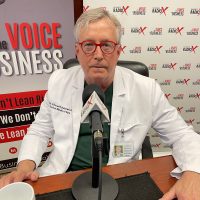
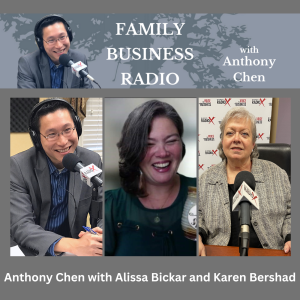
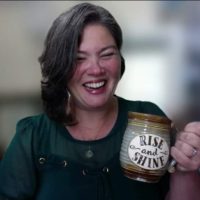
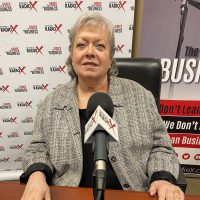
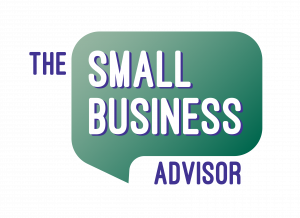 While taking another advisory course, Karen was introduced to Profit First. She was immediately drawn into the program and knew this was the next step to creating the value her clients needed and the tools to show them where the money is (or went) using the “cash management system” that she was looking for.
While taking another advisory course, Karen was introduced to Profit First. She was immediately drawn into the program and knew this was the next step to creating the value her clients needed and the tools to show them where the money is (or went) using the “cash management system” that she was looking for.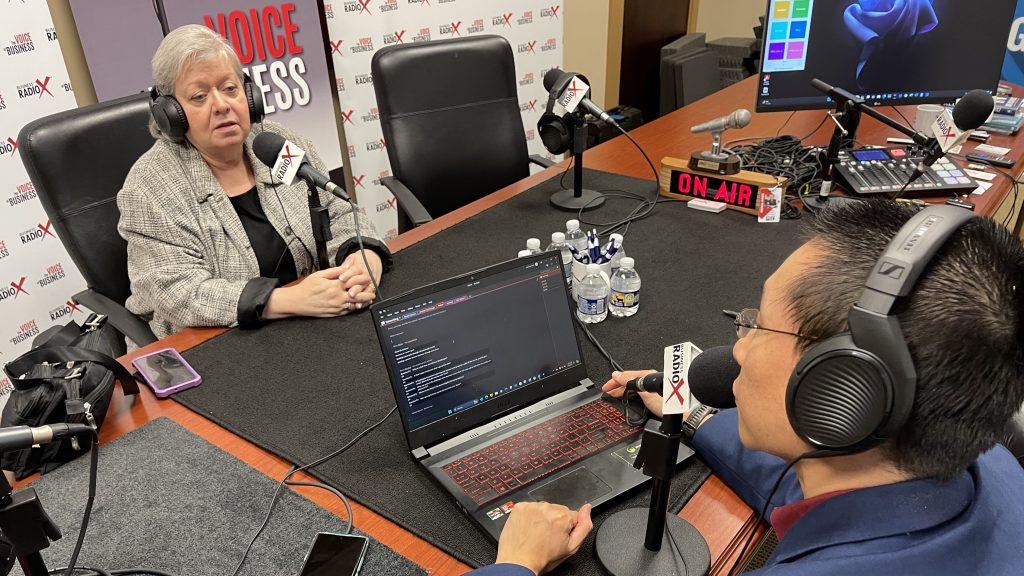
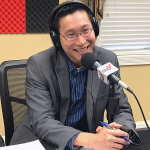
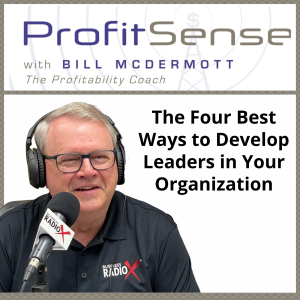
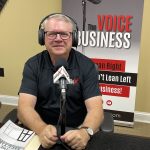
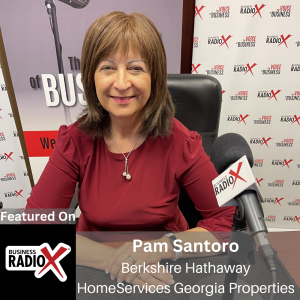
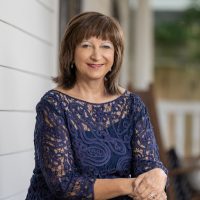
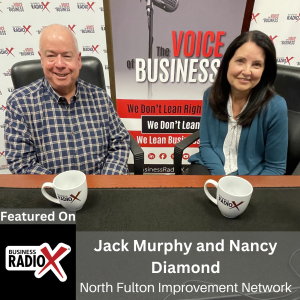
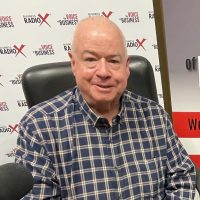
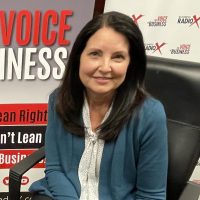
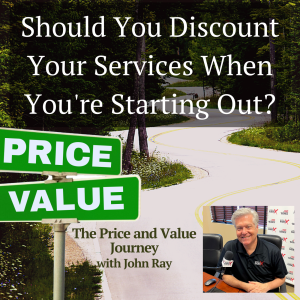
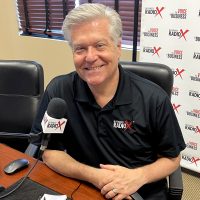
 John is the #1 National Bestselling Author of
John is the #1 National Bestselling Author of 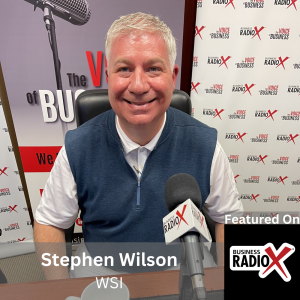
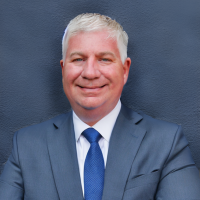
 marketing strategy.
marketing strategy.













